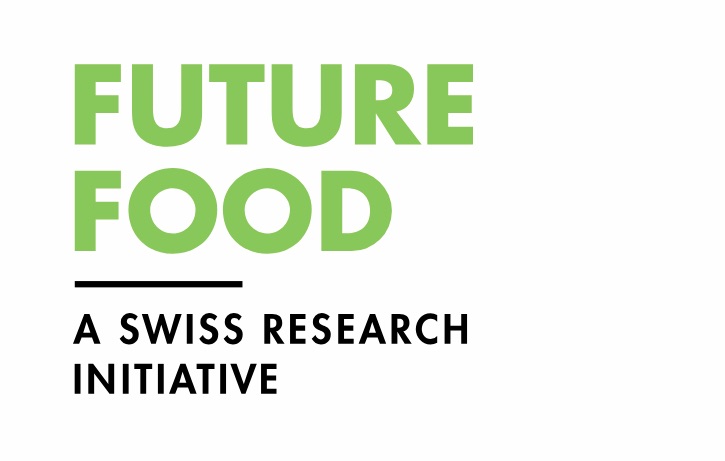The World Food System Center are proud to announce the start of the Future Food Initiative. The goal of this new initiative is to invest in Swiss food and nutrition research and increase the transfer of knowledge from universities to industry. ETH Zurich and EPFL have launched this initiative in cooperation with Swiss industry partners Bühler, Givaudan and Nestlé, who jointly donated 4.1 million Swiss Francs.
The Future Food Initiative is dedicated to tackling major challenges to creating sustainable food systems. The main focus is on developing high-quality, healthy and affordable food products that, for example, keep pace with consumer trends or help to solve malnutrition and starvation. “By global standards, Switzerland is very well positioned in the food sciences,” says Alexander Mathys, member of the World Food System Center and one of the ETH Zurich professors involved in the initiative. “In addition to ETH and EPFL, the country also has a very strong, research-oriented industrial sector and innovative start-up scene. This is a unique ecosystem.”
Young researchers who are aiming to become highly qualified experts in basic research or industry, or who want to start companies, play an important role in the transfer of knowledge. For this reason, the Future Food Initiative’s fellowship program is aimed at researchers who have already completed their doctoral studies but have not yet received a professorship. The fellowships are primarily for talented individuals from abroad who can bring new ideas to Switzerland and combine scientific excellence with industrial relevance. “This initiative will offer several talented young scientists a unique opportunity for their professional and intellectual growth," says Andreas Mortensen, EPFL Vice President for Research.
The first call for fellowship applications has just started and will run until 30 April 2019. It is focused on studying ancient plant varieties to develop tasty, nutritious food as well as alternatives to proteins from dairy. “Plant-based, protein-rich raw materials have enormous potential for new foods that can contribute to a balanced diet and reduce consumption of animal-based dietary components while also reducing the impact on the environment,” says Mathys.
For further information and to apply:https://www.futurefoodta


